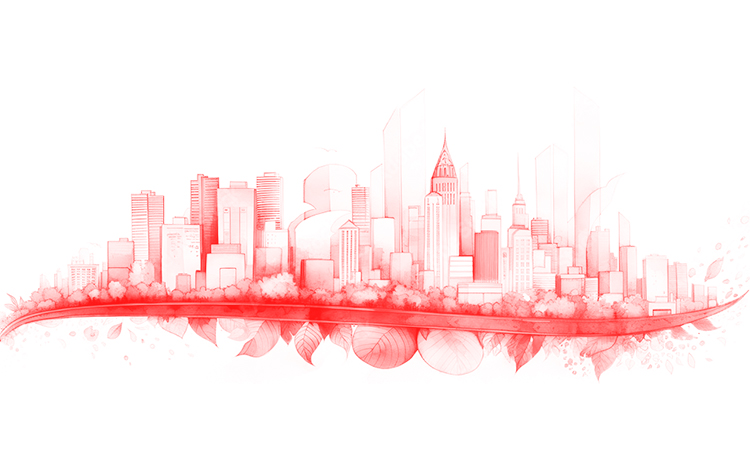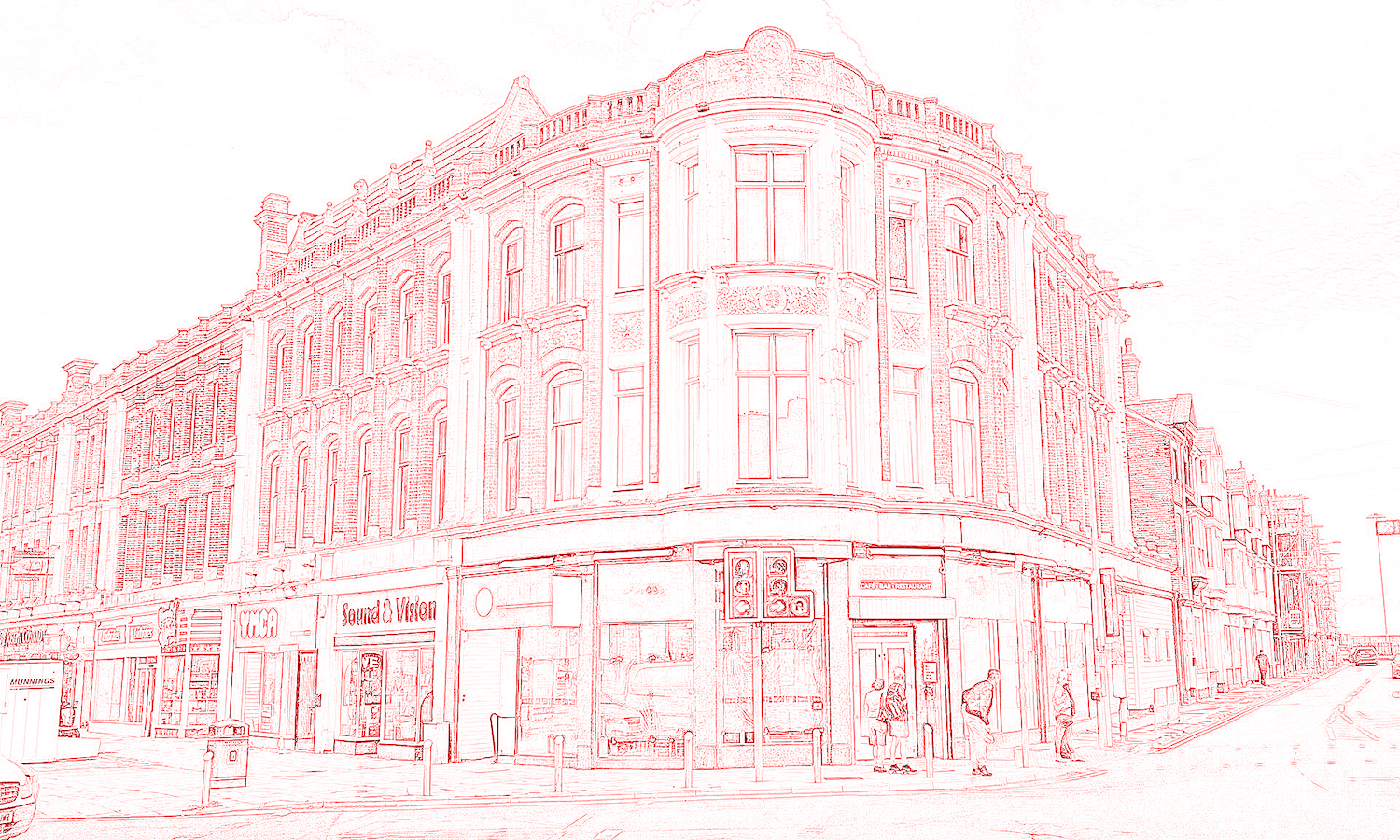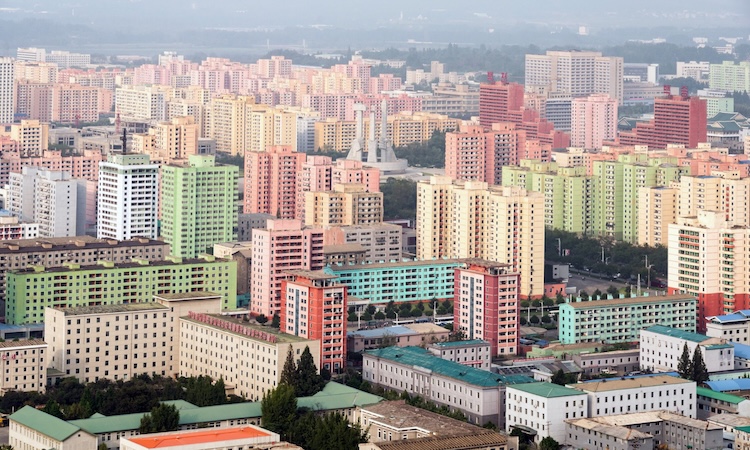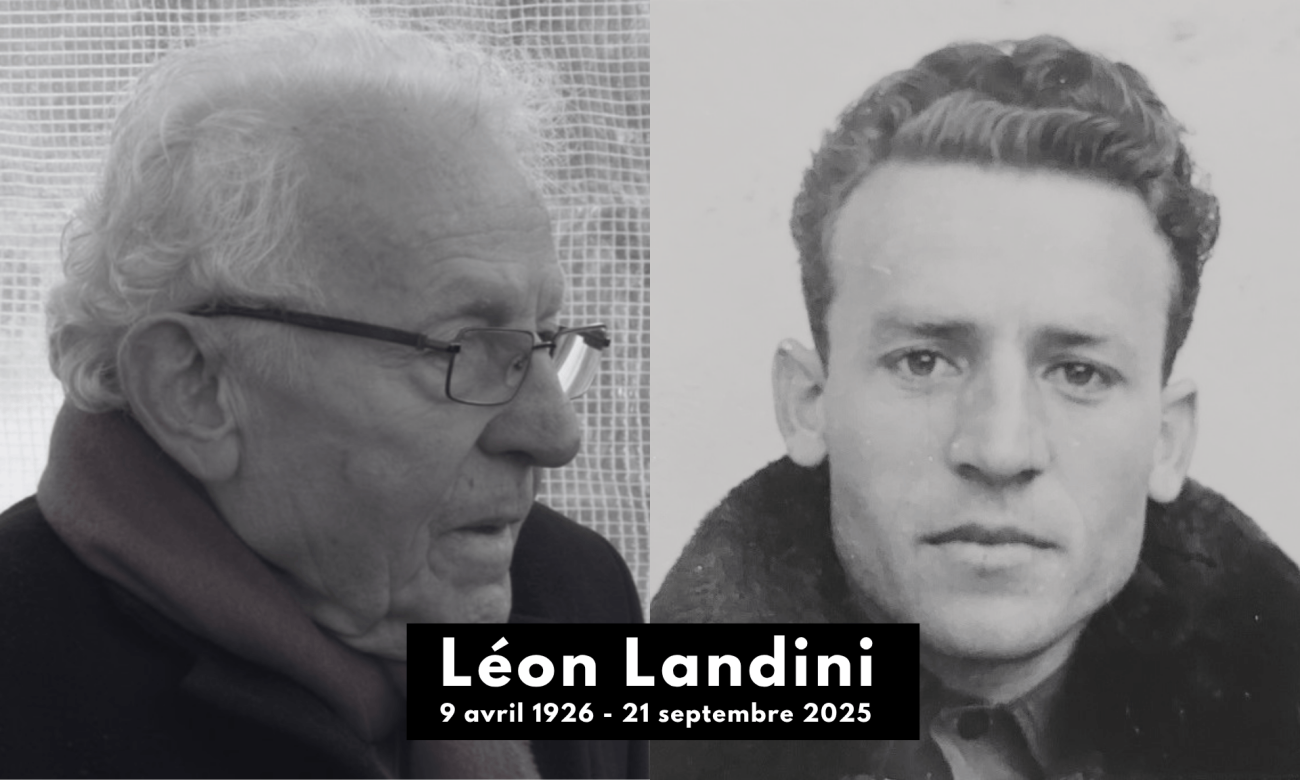Download a digital copy of this pamphlet as a: pdf, epub.
Read the other articles in this pamphlet.
*****
Following the pandemic, the whole world is finding itself in a situation of economic chaos. The living standards of working people are falling precipitously almost everywhere in the world. Countries such as Lebanon, Sri Lanka, Pakistan and Ghana are already bankrupt and unable to purchase essentials needed by their populations – medicine, food and energy especially.
In Britain, things are also very bad, though not as bad as they are in most countries of the world. Prices have gone through the roof, and wages are in no way keeping up with this rampant inflation. The government is reducing expenditure on public services in order to reduce its borrowing requirements and to service existing loans, while simultaneously increasing taxation on the working population.
At the same time, it is spending outrageous amounts on armaments, on supporting war in Ukraine against Russia, and on various military provocations around the globe.
Nor is it yet prepared to impose a wealth tax on the multibillionaires (the bourgeoisie of the world) who are actually still enriching themselves to the tune of several billions a year while ordinary people (the proletariat) are being systematically pushed lower and lower into poverty and destitution.
Capitalism creates crisis and war
What must now surely be obvious is that the economic system that dominates the world (capitalism) is absolutely not fit for purpose. Despite the human ability to produce more and more with less and less effort, the vast majority of people are suffering a drastic fall in their living standards – and all because the capitalist mode of production has a fundamental design flaw that periodically causes it to stall simply because it has produced infinitely more than the impoverished people (and governments on their behalf) can afford to buy.
In these periods of crisis, people go without because they have produced too much, the markets are flooded, and the capitalists can’t make a profit, so living standards plunge as the capitalists try to rescue themselves at the expense of the working masses.
So desperate is this situation that the leading imperialist countries are driven to war, desperately trying to secure advantages they can no longer hope to gain by peaceful means.
This is why the USA, with the backing of European countries through the Nato alliance, has been threatening Russia in order to be able to dominate its vast territory and resources, moving huge amounts of weaponry into Ukraine and nurturing a fascist movement in the country to use against the Russian people; and it is why Russia has been fighting back.
The bill for all the armaments and weaponry being supplied by Britain to the Ukrainian fascists is presented for payment to the British taxpayer, while the billionaire owners of the armaments industry get ever richer.
Similar aggressive moves are being made by Nato against China, moving us ever closer towards a conflagration over the Chinese province of Taiwan that will again cost a fortune in treasure and in lives.
The aggression against Russia and China, both of which are in possession of very advanced weaponry that they have independently developed, in both cases purely for the purpose of defending themselves against Nato expansionist ambition rather than for purposes of aggression against anyone else, risks plunging the world into a third world war – a war that will not leave North America and Europe unscathed but runs a very real risk of the kind of damage being inflicted on our cities, towns and infrastructure that North America and Europe have unleashed on defenceless countries such as Iraq, Afghanistan, Libya, Syria, Yugoslavia, Yemen, Congo, etc.
We could soon be seeing our historical buildings smashed to smithereens, our supplies of water, electricity and gas destroyed, our sewers blown up. Is that what we want?
Clearly not, but how do we stop it?
Workers need socialism
Once we understand that the real cause of the problem is the unavoidability of ever-worsening economic crises and war for as long as capitalism continues to be the economic system that dominates the world, then the solution becomes obvious.
When it is further understood that this economic system remains in use despite its lethal flaws because there is a tiny minority of billionaires in the world who benefit from it, whose private wealth and control over the world’s means of production and financial system provide them with the leverage to dictate terms to governments (whether ‘democratically’ elected or not), we cannot but realise that this tiny minority of people have to be dispossessed and overthrown.
Only in this way will we be able to get rid of the capitalist system and replace it with a system of rational planning, enabling us to use the means of production to meet the needs of the people who do the producing.
Because of the vast wealth at their command, this tiny minority of billionaires have at their disposal a massive propaganda machine (media, school syllabuses, academia, etc), along with armies of bureaucrats and government officials – to say nothing of the means of coercing people by violence to submit to their requirements through deployment of the army, the police and the judicial system.
It is clearly going to be no easy task to dislodge this entrenched class of rulers so that we can establish public ownership of the means of production and central planning for the benefit of the producers in place of the blind turmoil of the market. We can see from the way they conduct their wars for domination elsewhere that the resistance unleashed by the billionaire class (the bourgeoisie) against the risen workers will be massive, cruel, unprincipled and inhuman.
Nevertheless, it is the destiny of the working class (ie, everybody who depends for a decent livelihood on getting and keeping a job) to overcome the violence of the state machine wielded by and on behalf of the super-rich and to set up their own working-class (proletarian) state to ensure that an economic system is installed to replace capitalism – a socialist economic system that is not geared to private profit but to the ever-greater satisfaction of the rising needs of the people.
Didn’t socialism fail?
The Soviet working class and peasantry established a socialist state in 1917, which it was able to do because it rallied behind the leadership of the Communist party. After the socialist state was established, the powerful capitalists of the world moved heaven and earth to try to smash it – by military intervention first and then by economic sanctions, via massive assistance to dissidents to sabotage and destroy, and then through world war.
All steps taken by the working-class state to defend itself against these attacks were portrayed in all the world bourgeois propaganda media as vicious totalitarianism. This was done to give the workers of the world the idea that, terrible though their conditions may be under capitalism, communism would be even worse.
Nevertheless, when the capitalist world was enveloped in the Great Depression of the 1930s, which spread utter misery and want throughout the working-class population of all capitalist countries, the Soviet economy was going from strength to strength, with full employment, guaranteed housing and pensions, and a high level of education and healthcare provision available to all.
This is what communists are trying to achieve. However, unless millions of people actively support them, communists by themselves can achieve nothing. Moreover, in imperialist countries such as Britain, whose finance kings are extracting extraordinarily large amounts of profit from the oppressed countries by lending them money they can never repay at high rates of interest, the ruling class has been able to afford to buy off proletarian revolution (revolution by the oppressed and exploited) by making such concessions as offering free education and healthcare, alongside a minimum level of welfare and pensions.
As a result, they have made the lot of the working-class masses in the imperialist heartlands more bearable, while at the same time deluging them with anticommunist propaganda to impart the illusion that there is no point in going through all the trauma and chaos of a revolution because any communist state that emerged would be even worse than the worst that capitalism can provide.
In addition, the first socialist country, the Soviet Union, succumbed to the pressures put on it by the enemies of working-class power. She had during the second world war lost twenty-seven million people, a disproportionate number of whom would have been among the best of the country’s communists, bound as they must always be to take the lead in fighting the forces of darkness.
Some people whose Soviet education had enabled them to rise to leading and responsible positions in society began to envy the ostentatious wealth that their social counterparts in capitalist countries were able to accumulate. Young people who had only ever known a socialist society began to resent the restrictions that the USSR’s hostile environment forced it to maintain.
In the ideologically weakened Communist party, these tendencies made themselves felt to the point that the party leadership was able, in the name of ‘bringing Marxism-Leninism up to date’, to unleash a plan of gradually restoring capitalism. It did this by gradually restoring the capitalist marketplace in place of central planning, and by allowing profitability once more to become the decisive factor in determining what goods and services should be produced, and how and to whom they should be distributed.
As this supposedly ‘socialist’ market took over, the power of the popular masses to influence production and distribution decisions through representation on the various local, regional and all-union planning bodies was gradually eroded. Alongside stagnation in the living standards of the people, this produced the kind of cynicism among the masses that is typical in capitalist countries – except that, since it was all happening in the name of ‘Marxism-Leninism’ and ‘communism’, the people’s disillusion came to be aimed at communism itself.
It was in these circumstances that the working class was ousted from power in the Soviet Union, with millions, including those who may even have supported the overthrow of socialism, nevertheless finding themselves jobless or demoted, thrown out of their homes, and bereft of any form of social security.
Elderly people trying to sell their few possessions in order to survive became a common sight. Russian prostitutes became a phenomenon all over the world, especially in tourist destinations. Life expectancy plummeted by ten years and chaos reigned as the country’s vast wealth, built up by generations of Soviet workers, was plundered by western corporations, and the previously people-centred economy was subjected to the naked rule of the market in a barbaric onslaught that western economists described as ‘shock therapy’.
Eventually, under the leadership of president Vladimir Putin, a stop was put to the worst of the rot, and workers were able to derive some benefit at least from the high price of Russian oil, gas and other commodities. The working class has still not, however, regained state power, or been able to restore socialism.
Who can make the change we need – and how?
It seems as though it ought to be easy for the masses of humanity to rid itself of a defective economic system that only really benefits 0.1 percent (or less) of the population. But if it were easy in reality, then it would have already happened.
Angry people often riot in protest at the inhuman demands made of them and the outrageous injustices committed against them, but their riots rarely bring about any improvement in the situation – or, at least, none that is long-lasting. Those who lead the riots are forced to pay a heavy price in terms of prison sentences and ongoing punishment thereafter, while the real perpetrators of crimes against the people are left to gloat and wag a sorrowful finger at those who dared rise against them.
For people’s rage and anger to bring about the changes that are needed to free society from the irrationalities of capitalism, what is needed is a leadership body, the Communist party, that knows both what needs to be achieved and what needs to be done in order to achieve it; and that party needs to have the trust of the people so that they are willing to follow its lead.
If we look around the capitalist world today, and particularly if we look at the situation in Britain, one is hard put to identify any communist movement that inspires any confidence in its ability to lead a revolution to put an end to capitalism and establish a socialist planned economy.
Following the collapse of the Soviet Union in 1991, the communist movement can only be described as being in a sorry mess, stacked up with self-identifying ‘communists’ who have actually given up on proletarian revolution and have resigned themselves to pleading with the capitalists and their governments that they should try to be a bit less mean. Because they do tend to have a smattering of Marxist understanding, the leaders of these parties realise that the major problems in the world are caused by the persistent reign of capitalism, which they are generally happy to denounce, but they feel totally helpless to do anything other than beg – and they pass on that helplessness to the working people at large.
It follows that what the communist movement needs is revitalisation. To start with, those who are already in the movement need to study the setbacks it has received – in particular, though by no means exclusively, the collapse of the Soviet Union – in order to understand what mistakes were made and how those mistakes can be avoided in the future.
It is essential to grasp the fact that in no way do those defeats signify that Marxism-Leninism is at fault, but that they are universally the result of departures from Marxism-Leninism.
Workers must regain confidence in their ultimate destination: a society where a centralised planned economy has replaced capitalism and where production is not for profit but for the maximum satisfaction of the needs of the masses, be those needs physical (eg, food, clothing, shelter and medical provision), cultural (eg, education, research, sport, literature, art and music), or spiritual (eg, entertainment, social meaning and encouragement to aim high).
They must break with their infatuation with bourgeois elections and remember that the only point of participating in such exercises is to expose their fraudulent nature in practice in the eyes of those whom our rulers seek to deceive.
They must recall again Marx’s watchword to the effect that workers must move on from merely demanding higher wages, and should be demanding that the wages system (capitalism) be brought to an end altogether.
All energetic class-conscious workers need to devote time and energy to building and strengthening a worthy communist party. No more sitting around in organisations wedded to parliamentarism and the election of left-leaning MPs who devote themselves to parroting the lies that the bourgeoisie tells about the states where the working class took power in the past under the leadership of its communist party.
We in the CPGB-ML believe that our party is a real Marxist-Leninist party that is worth joining and supporting, which offers Marxist-Leninist training to everybody who wants to make themselves fit to serve the people.
At the present time, our party is not strong enough to offer effective leadership to a revolutionary movement of the masses, but, given the vicious blows that the bourgeoisie is preparing to deliver to workers’ living standards, as well as their accelerating preparations for World War Three against Russia and China, it is urgent that anybody who can should add their weight to improving our ability to reach the people.
We urgently need greater forces that are capable of spreading the understanding that the workers do have the power to overturn the rule of the 0.1 percent and to install an economic system capable of providing for their needs.
Don’t sit on your hands; don’t fiddle while Rome burns!
Your class needs you; the future of humanity needs you!
Step forward and help make history!
















